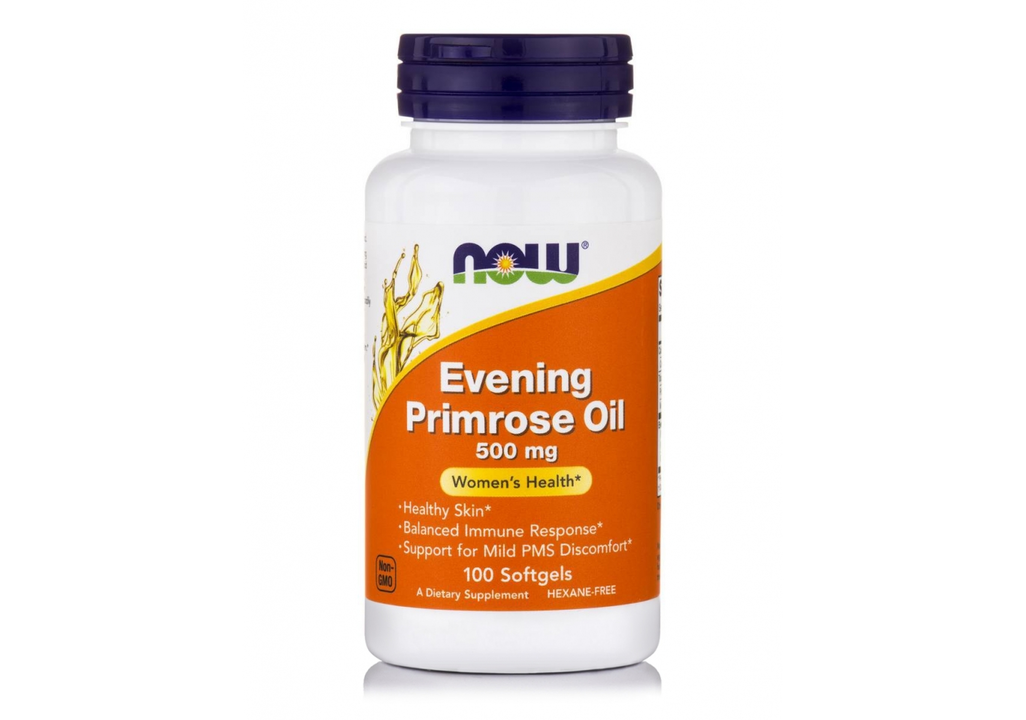Thinking about ipriflavone for bone support? Good question. Ipriflavone is a synthetic isoflavone derived from plant compounds. People take it to slow bone loss and support bone density, especially when osteoporosis or low bone mass is a concern. It’s sold as a supplement in many countries, but the evidence and safety profile are mixed, so you should know the basics before trying it.
Some clinical trials show ipriflavone can help maintain or slightly increase bone mineral density in postmenopausal women, especially when combined with calcium and vitamin D. Other studies found little or no benefit. That means ipriflavone might help some people but won’t replace proven treatments like prescription bisphosphonates when those are needed. Think of it as a possible add-on for mild bone loss or prevention, not a cure.
Also, safety signals matter. A few reports linked ipriflavone to lowered white blood cell counts (lymphocytopenia) in some people, and occasional stomach upset or rash has been reported. Long-term data are limited, so staying monitored by a healthcare provider is smart if you use it.
Typical supplement doses used in trials were about 600 mg per day, often split into two or three doses. Don’t just start that amount without talking to your doctor. If you’re already on bone medicine, ask how ipriflavone fits with your plan—some treatments shouldn’t be mixed.
Pair ipriflavone with basics that actually move the needle for bones: 1,000–1,200 mg calcium daily (from food and supplements if needed), vitamin D to keep blood levels adequate, regular weight-bearing exercise, and quitting smoking. Those steps give you real benefit whether or not you take ipriflavone.
Buy from reputable brands that use third-party testing. Supplement quality varies a lot. Look for batch testing or seals from groups like USP, NSF, or ConsumerLab. If you order online, choose pharmacies or stores with clear contact info, secure checkout, and good reviews.
Avoid ipriflavone if you’re pregnant, breastfeeding, or have an active hormone-sensitive cancer unless a specialist says it’s okay. Get baseline bloodwork if your doctor recommends it, and have follow-up tests for blood counts if you start the supplement. Stop and call your provider if you notice unusual fatigue, bruising, sore throat, or infections—those could signal a drop in white blood cells.
Want to explore alternatives? Calcium D-glucarate, vitamin D, approved osteoporosis drugs, and lifestyle changes are all proven ways to protect bone health. Use ipriflavone only as one piece of a bigger plan and keep your doctor in the loop.
Questions about dosing, safety, or whether ipriflavone fits your situation? Talk to your healthcare provider or a pharmacist—real answers depend on your health, meds, and bone density tests.

Ipriflavone has recently caught my attention as a supplement that deserves a spot in our daily routines. After researching its benefits, I've discovered that it can significantly improve bone health, making it especially important for those at risk of osteoporosis. Additionally, it has been found to enhance the effectiveness of calcium supplements and promote overall bone density. Ipriflavone also has potential benefits for postmenopausal women, as it can alleviate some common symptoms experienced during this time. Overall, I truly believe that incorporating Ipriflavone into our daily supplement regimen can work wonders for our long-term health and well-being.
View more